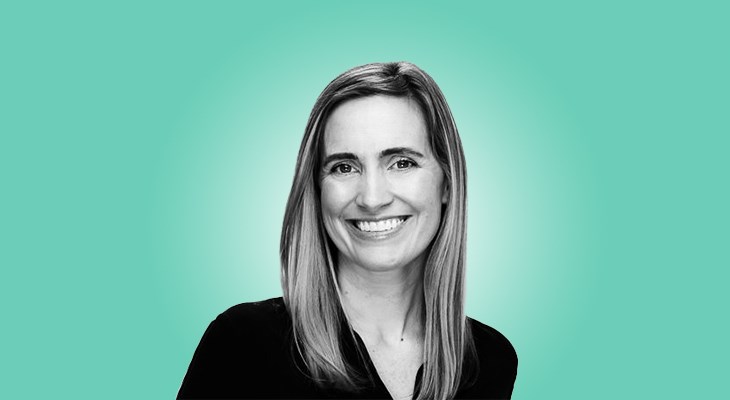Emily Foote co-founded Practice, a company she sold to Instructure in 2017. As co-founder, she guided the company from a video-based platform in the higher education market to a corporate learning solution to help companies and higher education institutions scale apprenticeship learning at lower cost. To fund it, she told attendees at last year's Philadelphia Smart Business Dealmakers Conference, she used a few methods. One was non-dilutive grants — called Small Business Innovation Research grants — from the National Science Foundation that amounted to around $2 million in early-stage funding. Then the company did seed-stage funding around $1.8 million, then raised a Series A of $4 million.
In 2017, she says the company decided to do bridge financing to give it a more runway and give it stronger metrics to go into its next round of funding, a Series B round. The company was hitting its stride, so they decided to pick a few strategic folks to go after, as well as traditional venture investors. One of the strategics, Instructure, was at the time, she says, was one of the largest education technology companies in the world.
"We reached out to them, and they are so polite; they're in Utah," she says. "They were like, 'We think you guys are amazing, but not right now.' So, we were like, 'OK, that was just a polite no.' And they said, 'We'll reach back out in a few months.' We were like, 'That was a hard no from very polite people.' And so we went to others and we ended up closing our bridge round right in the beginning of August 2017."
That year, on August 21, she had a baby. Two days later, those very polite people called back and said they were ready. Because they had already done a bridge round, she suggested that the two companies figure out ways to partner, a relationship that could lead to an acquisition later. But Instructure pressed, saying they were interested in acquisition now. So, the internal conversation began.
"We started talking and we had a very hard decision of, do we sell now to this company that I had admired from afar, who would have had incredible reach compared to our small, post-Series A company? Or do we keep going?" she says. "And so that was a very big debate, and pros and cons on both sides."
Foote says she had a split board in terms of whether or not to sell. The company was doing very well, had good growth, excellent customers that were renewing and upselling. The company started off in the higher education market and then had inbound interest from a telecommunications company that was much easier to sell to then higher education, a relationship that led to a switch in focus. The company was also a first mover, but other copycat companies coming up behind them. So, for the next round, they felt if they really want to compete, they needed to raise a lot of capital and become more of a platform or larger play.
"And so the discussion was, do we sell now, have a good return for our shareholders, our investors? Or do we take the chance, raise a larger round, build a bigger team?" Foote says. "One half of the board was extremely motivated to sell. They were part of the bridge financing of which they would get 2x their dollars if they sold in that time period. And then there were others that adamantly didn't. And I think, if I'm being fully transparent, I really struggled. The side that wanted to sell was incredibly persuasive. And I suffered, which I think a lot of people do, from imposter syndrome of, I've never done this before. Maybe he knows more — he had started and sold multiple companies. He was a trusted mentor and advisor to me. And so I had that. And then on the other hand, I think I struggled because I was like clouded at the time from that. And then we had gone through a lot as a company."
She says also affecting her decision was the loss of a teammate to a train crash, the introduction of a president who negatively affected the culture in a short time, that she just had a baby, so it was difficult to tell if such factors had an outsized influence.
"If I'm being super honest, that's really where I struggled," she says. "And I think, this is also my naivete, I didn't have great trusted advisors around me. And now that I'm on the venture side, and I've talked to entrepreneurs about it when we're going through a sale — one of our companies is right now — get a lawyer, get a financial advisor, surround yourself with people who, yes, they all have agendas, but they also have, hopefully, a duty to do what's best for you and can really tell you what you don't know. That's where I tripped up of not knowing, am I making this decision for the right reasons?"
The experience, Foote, now a Partner at Osage Venture Partners, says helped her learn a valuable lesson about herself.
"It's a lesson that I have to continually learn every day to trust my instincts and my experiences and my decision making."




